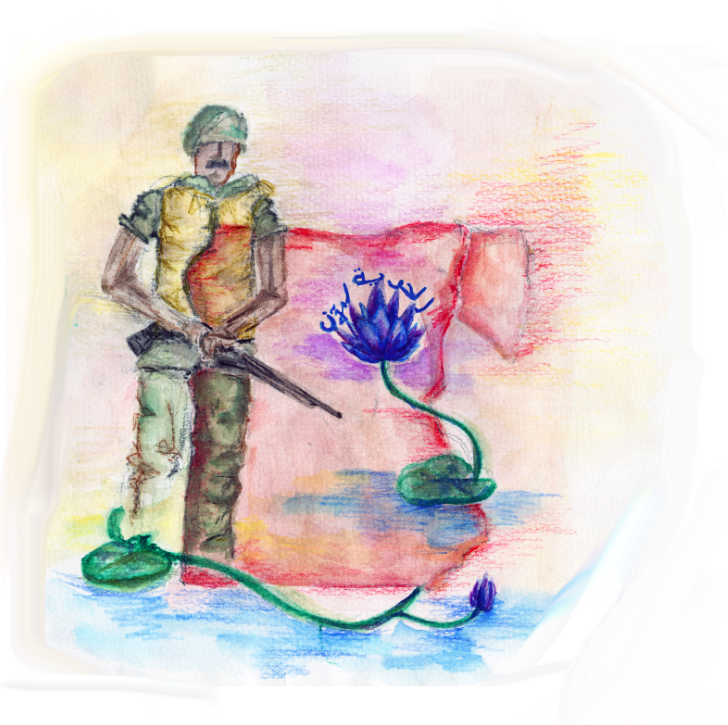Briefing: Egypt
 Just a little over a year has passed since the outset of the massive uprisings that shook Egypt and deposed one of the longest-ruling Middle Eastern leaders in modern history, and they are quickly passing from the realm of current events into history. In the years leading up to what became known as the Egyptian Revolution, the possibility of any substantive challenge to the dictators of the Middle East, and especially Egyptian President Hosni Mubarak, seemed unthinkable. In retrospect, the explosion of anger that brought tens of thousands of protesters to the streets on January 25, 2011, and culminated in hundreds of thousands – perhaps even millions – chanting for the fall of the regime, seems to have been inevitable.
Just a little over a year has passed since the outset of the massive uprisings that shook Egypt and deposed one of the longest-ruling Middle Eastern leaders in modern history, and they are quickly passing from the realm of current events into history. In the years leading up to what became known as the Egyptian Revolution, the possibility of any substantive challenge to the dictators of the Middle East, and especially Egyptian President Hosni Mubarak, seemed unthinkable. In retrospect, the explosion of anger that brought tens of thousands of protesters to the streets on January 25, 2011, and culminated in hundreds of thousands – perhaps even millions – chanting for the fall of the regime, seems to have been inevitable.
Though Egypt, which has traditionally been regarded as the barometer of the Arab World, was not the first Arab nation to revolt in the series of uprisings known as the Arab Spring, it was certainly instrumental in continuing the region’s wave of change. Currently, it stands in a perilous transition period: The Supreme Council of the Armed Forces (SCAF) retains control, but the appearance, at least, of democracy seems to have blossomed. With the freest, fairest parliamentary elections and highest turnout in its history, it is clear that the Egyptian population has been energized by change, but it remains to be seen if the newly-elected politicians will be able to forge a workable and non-divisive constitution, much less a stable democracy.
With presidential elections coming up in May and the explosion of political parties and competing ideologies, as well as the resurgence of the Muslim Brotherhood and Salafi Islamist parties, the stakes could not be higher. The makeup of the civilian government and its interaction with SCAF and the wider population in the next 12 months could determine the trajectory of the next decade in the Middle East, and perhaps the world. With such massive ramifications, it is worth re-examining the revolution, its causes, and its consequences from one year out.
Dr. Mohamed Aboulghar
Mesbah Qotb
Rasha Azb
Hamdi Kandeel
